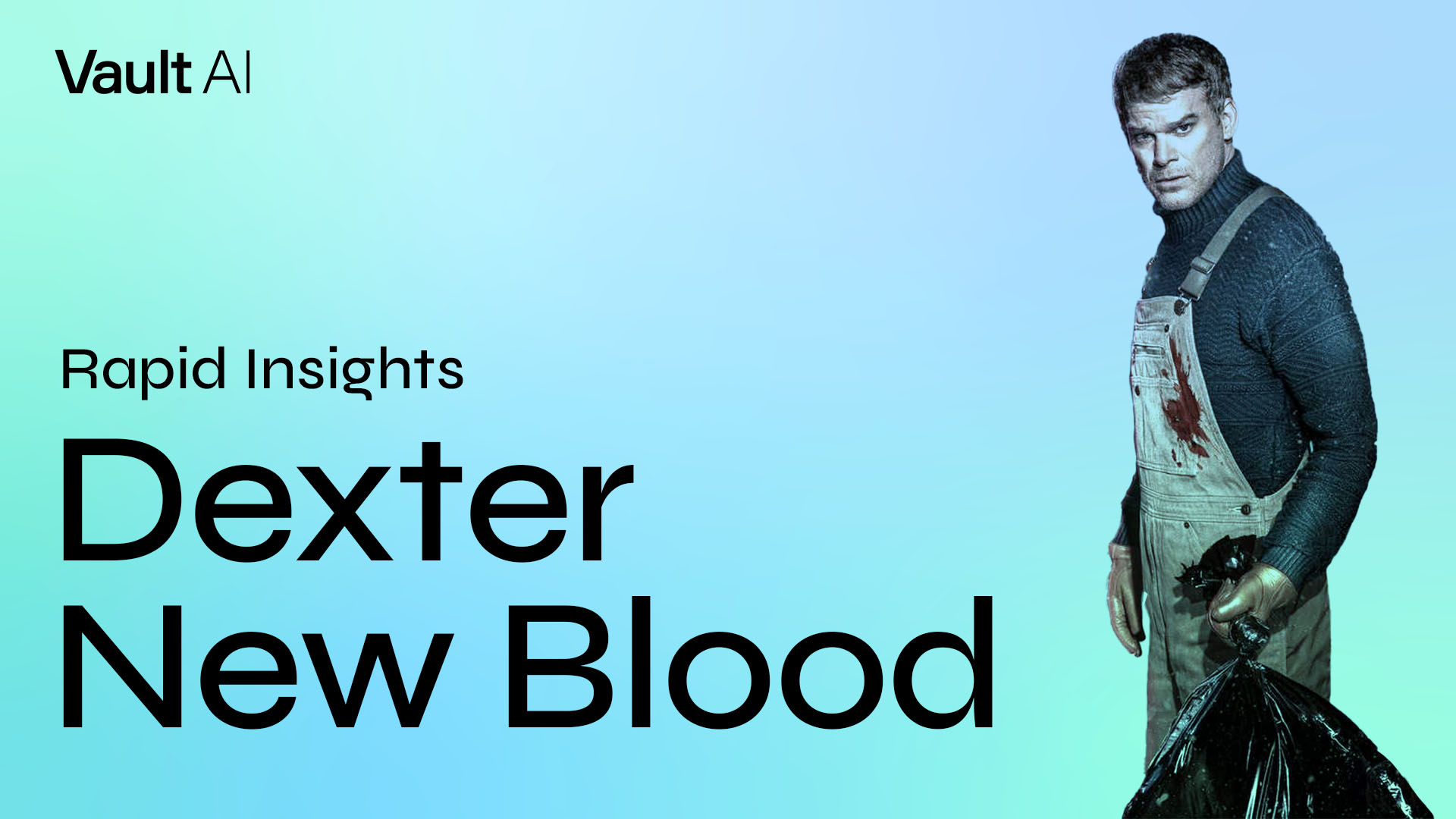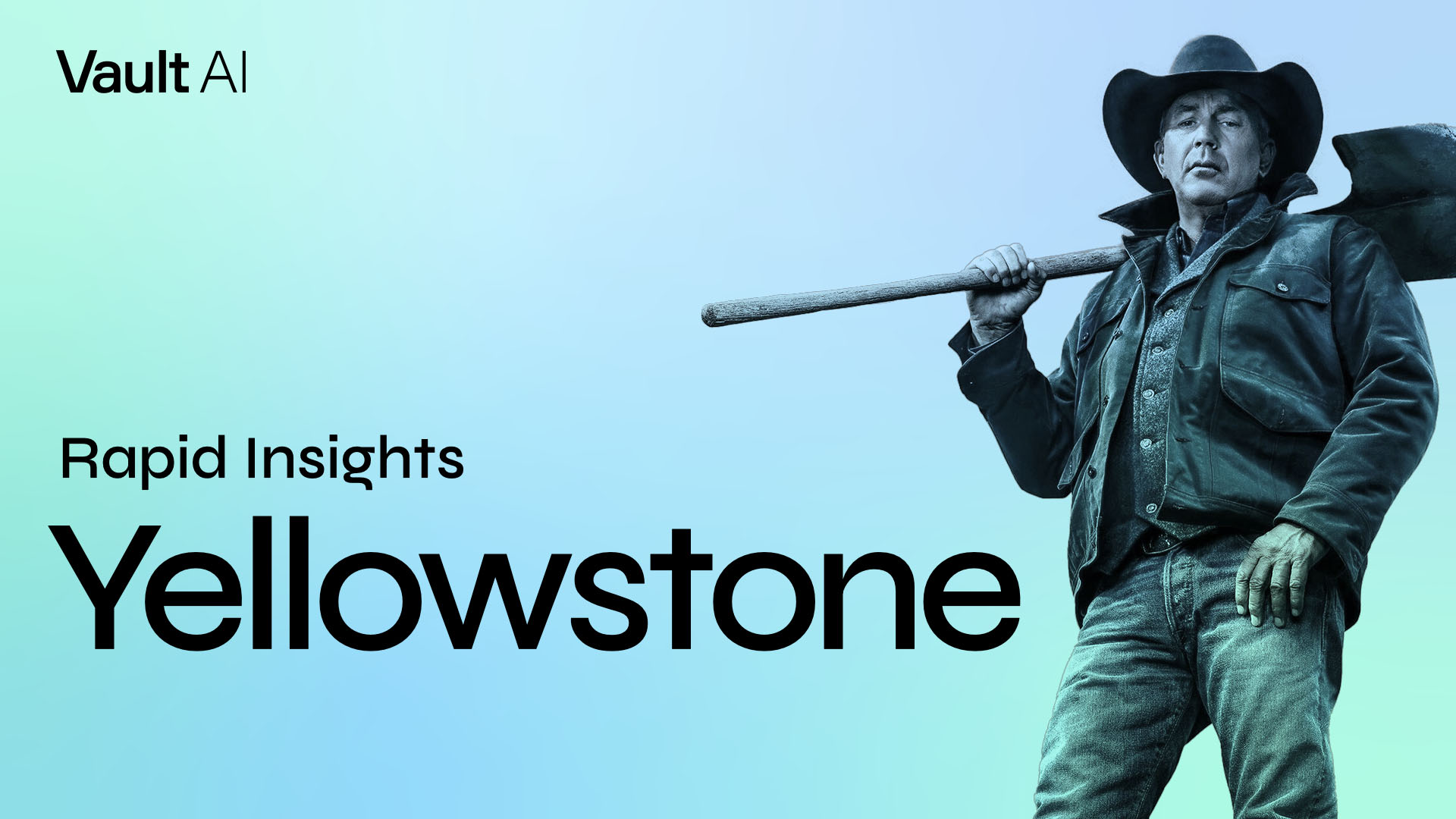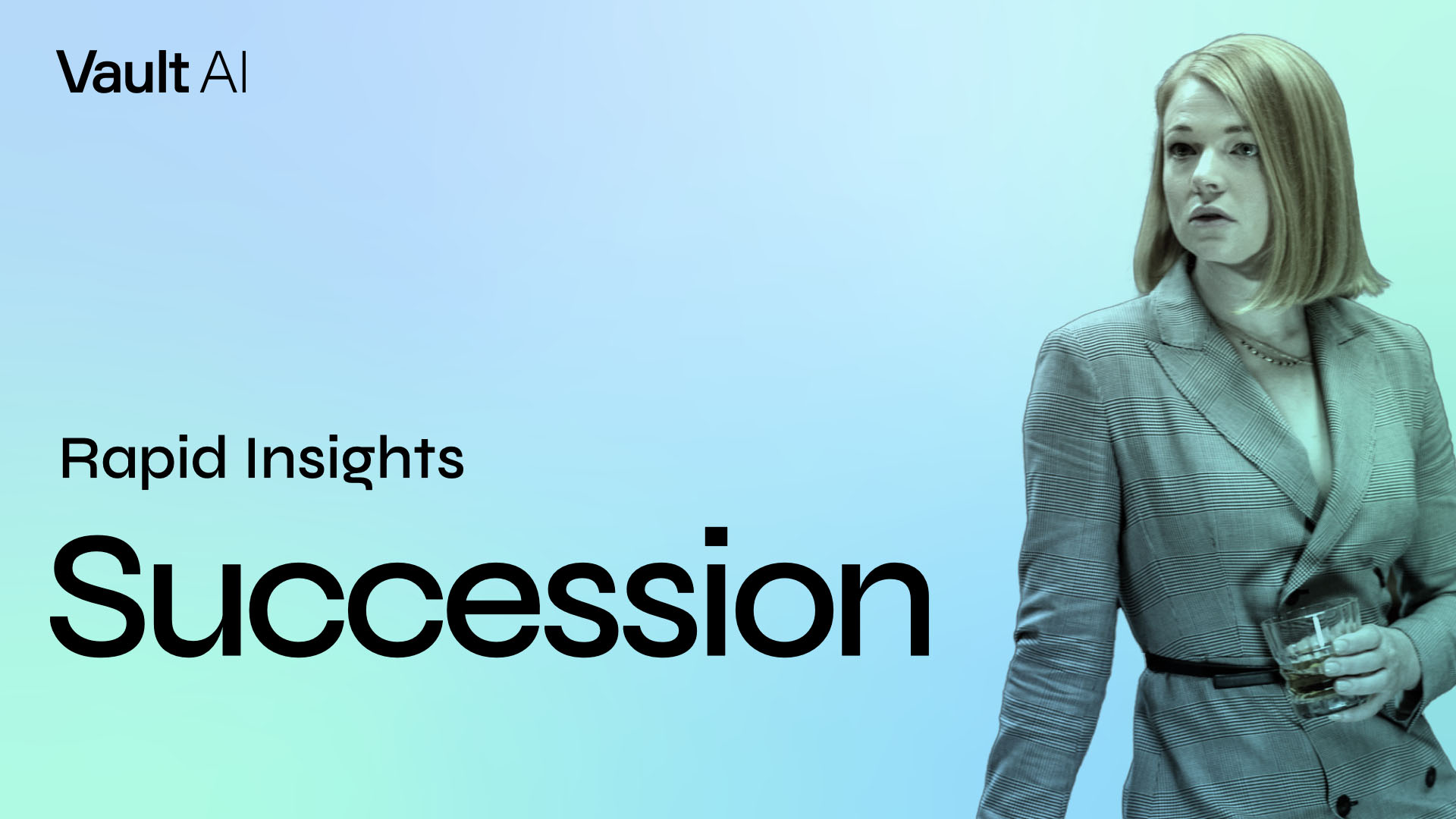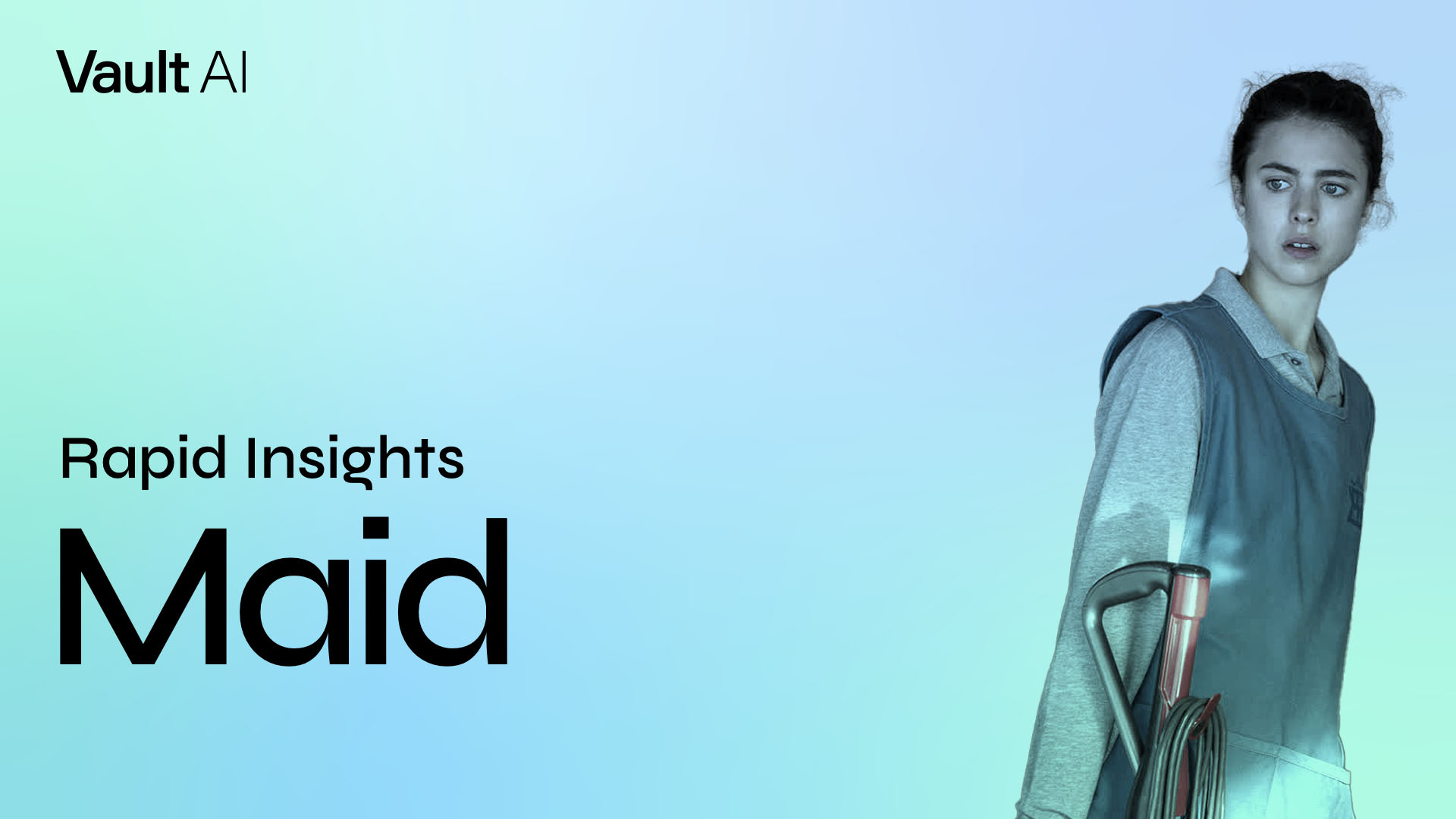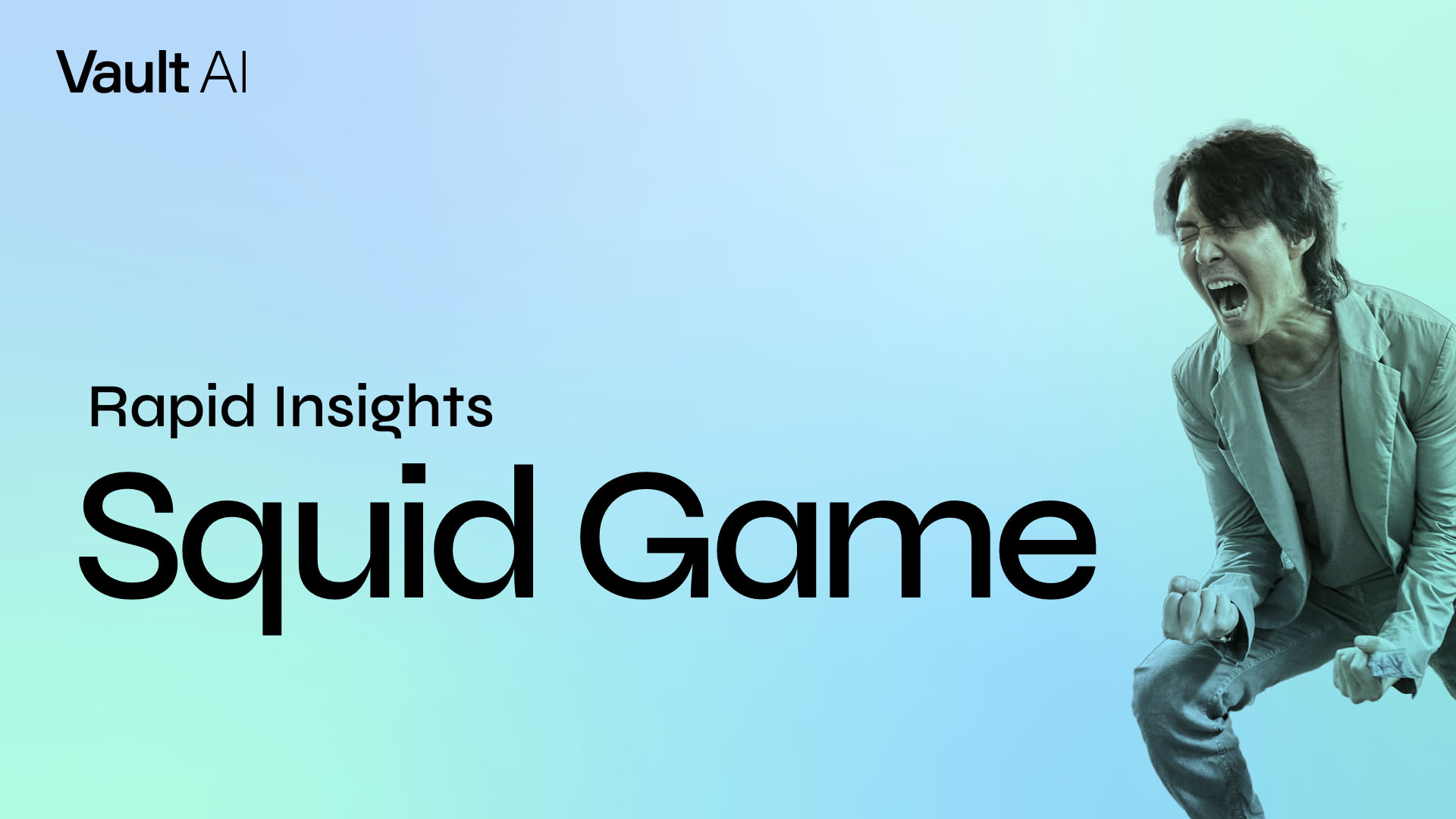While no industry has been left untouched by the coronavirus pandemic, for the entertainment industry, the fallout has been particularly tough. Income from box office revenues has hit zero for the first time in history while Netflix and YouTube are reducing streaming quality in Europe to keep the internet from collapsing under unprecedented demand. And now, many film studios are considering releasing movies through streaming services rather than waiting out the pandemic.
But it’s not just revenues that are in jeopardy. The pipeline of future entertainment is at risk as the production of film and television content grinds to a halt and entertainment researchers are struggling to uncover critical and unbiased findings. Directly engaging entertainment consumers through focus groups is incompatible with social distancing, and data from online panels is unreliable during these times of profound social disruption.
Perform Accurate Entertainment Research Without Respondents
Fortunately, there is an alternate method for generating empirical insights without collecting data from respondents. Machine learning, a type of artificial intelligence, is ideal for entertainment research, and Vault’s AI platform, which has analyzed the DNA of over 30,000 movies and TV series, is especially effective. During these difficult times it can answer such questions in an unbiased manner:
- What are the demographics of the audience and what marketing messages will resonate with them?
- What are the characters that will most connect to your target audience?
- Is this movie better for streaming audiences?
- Is a certain content optimized for premium cable, basic cable, OTT or broadcast television?
- Which other television programs and films would this same audience be likely to watch?
Four Ways Machine Learning Can Bridge the Respondent Data Gap
1. Mitigate Respondent Biases
Contagion, Outbreak, and Pandemic are some of the most globally watched content during the pandemic, and this makes sense. Apocalyptic and global crisis content is also in hot demand. However, asking any respondent about content that focuses on any of these themes or stories in today’s climate would yield incredibly biased responses. What might be of intense interest today due to global events, will not be (we hope) in a year or two years. It could be even something that no one wants to relive. If we conducted the study today, machine learning would deliver exactly the same results as in January. In contrast, a survey study with human respondents would very likely deliver different results because human respondents are influenced by the world around them.
2. Alleviate Respondent Fatigue
Pushed to the limit, fatigued respondents give unreliable responses. Even in good times, let alone during a pandemic, respondents struggle through lengthy research sessions. As a result, respondents are often only given a snapshot of the creative content they are asked to evaluate. In studies performed by Vault AI, however, 100% of the creative content informs the analysis. This means we are able to deliver detailed and actionable insights of unparalleled quality and accuracy for content in pre-production, marketing or release.
3. Ease the Logistics of Capturing and Analyzing Data
By simulating the entire global television and film market, Vault can produce an entertainment research report covering the US and a dozen international markets in two weeks instead of two to three months. Our proprietary platform can start and complete all aspects of a study in one location while eliminating the time-consuming steps of survey programming, verifying translations, recruiting respondents, and training local researchers. This is especially valuable to researchers who cannot currently perform comprehensive global or even domestic studies that rely on respondent-level data.
4. Avoiding Story Leaks and Spoilers
Panel and sample providers are scrambling to still obtain data during this unprecedented shutdown. Online testing is at an all-time high, which means the risk of any leaks or piracy is at an all-time high. Content makers are always fearful of public leaks and spoilers that could significantly damage a billion-dollar property. Plot secrets can be potentially revealed to the public via social media or a misaddressed email by a host of survey respondents and contractors communicating across the Internet. In contrast, Vault doesn’t use third-party agencies to assist in entertainment research and all creative content is kept securely in-house and on-site–not on the cloud–using military-grade encryption and multiple firewalls.
Preparing for the Day-After
During these trying times of the coronavirus, audiences crave entertainment content more than ever before. For researchers, managing the pipeline of future entertainment is a significant challenge. Machine learning can provide many on-demand benefits for researchers when it’s important to remain at home.

